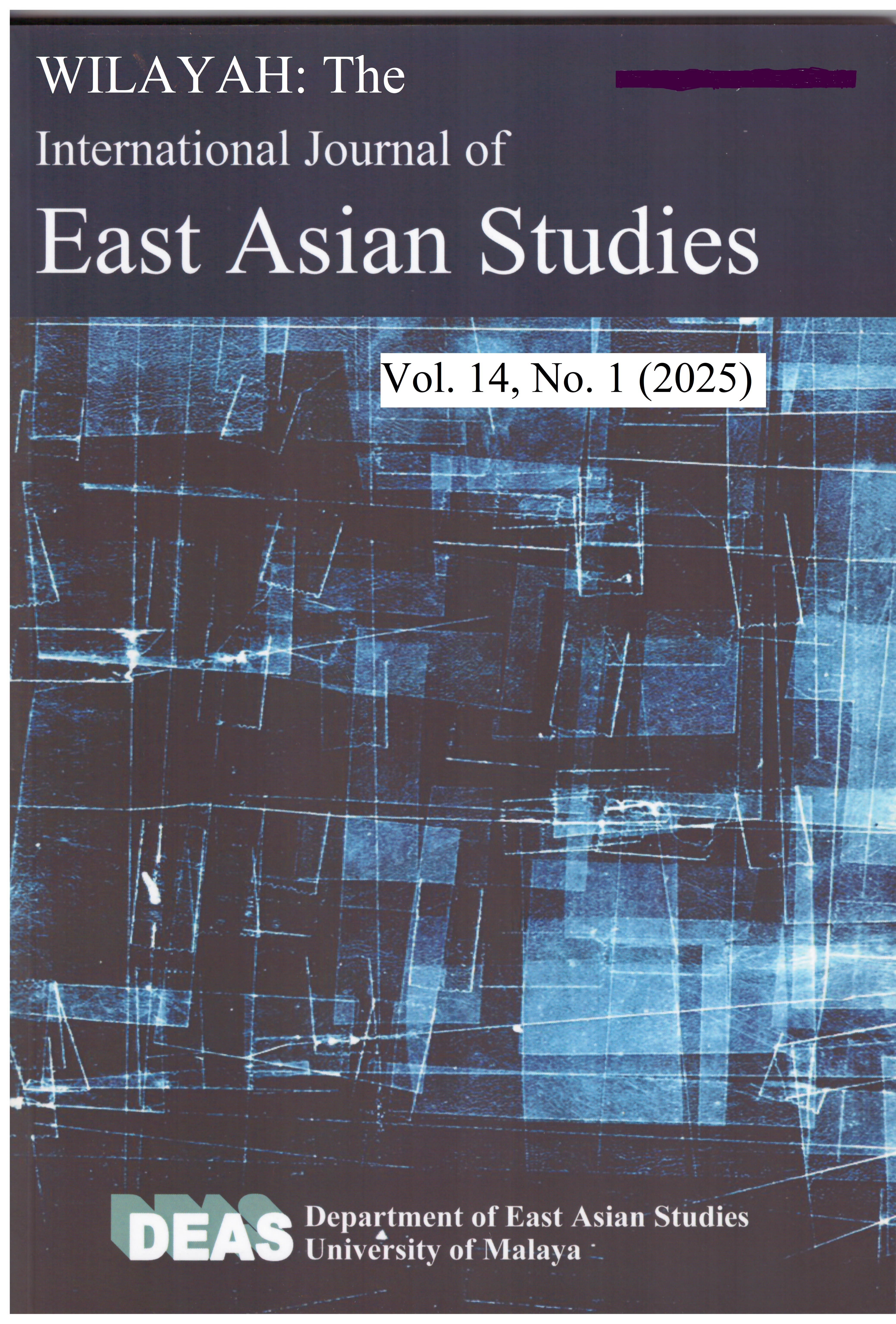The Ulleungdo Dispute of 1693 and the Myth of Japan's Sovereignty over Dokdo
Main Article Content
Abstract
I examine the Ulleungdo Dispute of 1693 to demonstrate that Ulleungdo and Dokdo were already confirmed to be Korean territories in 1693 and that Japan did not "discover" these islands and own them in the late 17th Century. The Dajokan Directive of 1877 later reconfirmed this fact. Collectively, the Ulleungdo Dispute and the Dajokan Directive not only show that Japan did not establish sovereignty over Dokdo in the late 17th century, but also clearly demonstrate that Korea had legitimately won the Ulleungdo Dispute and that the conclusion of the Dispute still retains its historicity and legality by remaining valid for over a century. Finally, this article clearly demonstrates that it was impossible for the Dajokan Directive to have confused the identity of Takeshima because it reaffirmed the conclusion drawn from the Ulleungdo Dispute of 1693 which confirmed Dokdo and Ulleungdo to be adjacent Korean territories.
Downloads
Article Details

This work is licensed under a Creative Commons Attribution-NonCommercial 4.0 International License.
Copyright
Submission of a manuscript to the WILAYAH implies that the submitted work has not been published before (except as part of a thesis or report or abstract), that it is not under consideration for publication elsewhere; that all co-authors have approved its publication. The WILAYAH : International Journal of East Asian Studies adopts CC BY license. As such, we would be grateful if an acknowledgement accompanies the republication that the work was originally published in WILAYAH. The editors will ensure digital preservation of access to the journal content by the Journal depository section.
Disclaimer
Although the Department of East Asian Studies is the publisher of the WILAYAH : International Journal of East Asian Studies, the views presented in the WILAYAH are entirely those of the contributors and do not reflect the official stand of the Department of East Asian Studies. The Department does not hold itself responsible for the accuracy of any article published. Publisher and co-publishers assume no responsibility, nor by the editors for any injury and/or damage to persons or property as a result of any actual or alleged libellous statements, infringement of intellectual property or privacy rights, or products liability, whether resulting from negligence or otherwise, or from any use or operation of any ideas, instructions, procedures, products or methods contained in the material therein.

